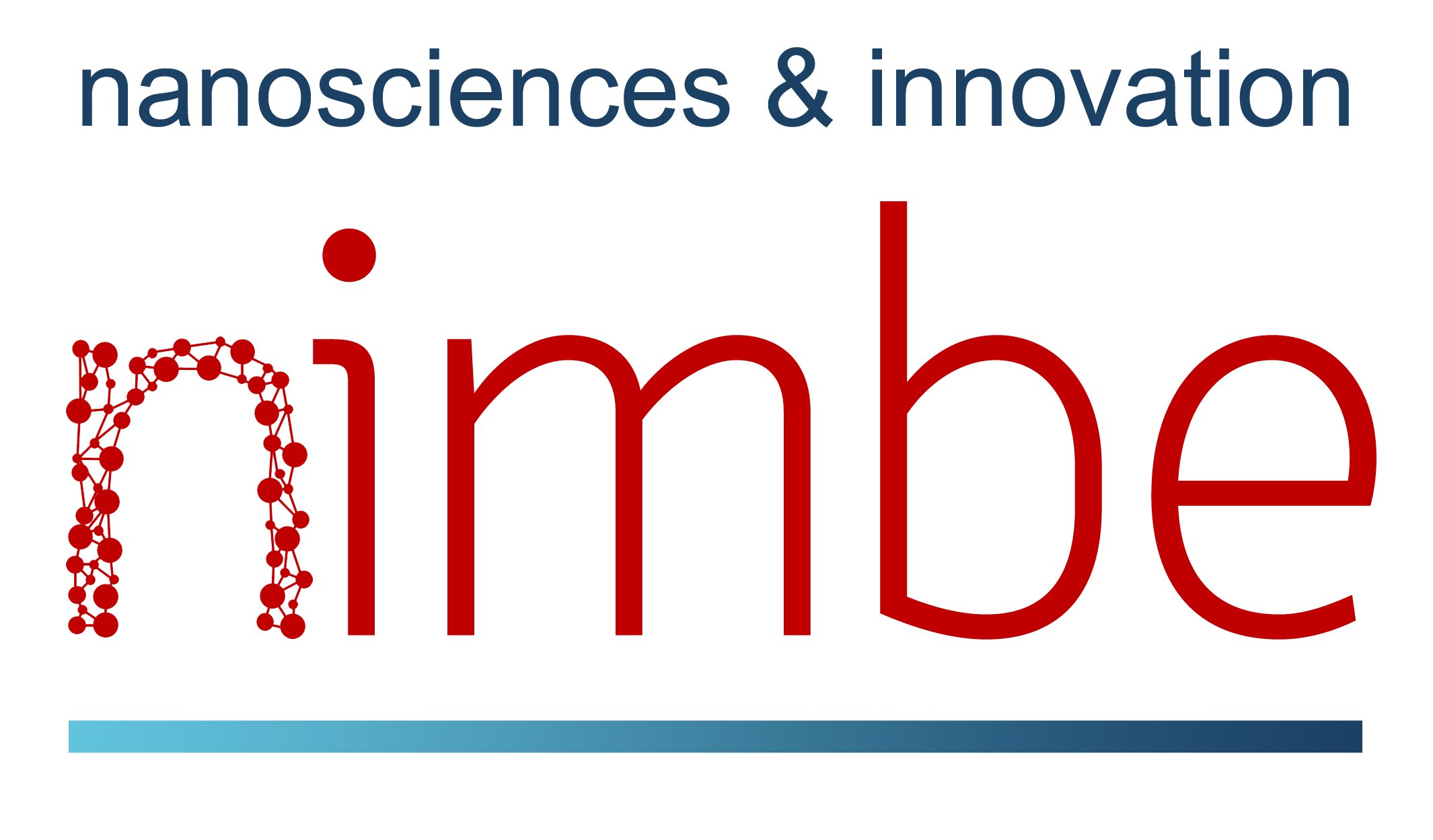Francis Perrin (1902-1992)


"Science requires a perfect sincerity towards oneself as towards the others, an objective research of the truth which, beyond the fields which are clean for him, penetrate the whole of the relations between the men".
Francis Perrin was the son of Jean Perrin (Nobel Prize of Physics, 1926). Incorporated physical sciences at 22 years, it enters as assistant to the Physical chemistry laboratory of his father.In 1928, it supports a first thesis on the Brownian movement, followed by a second, in 1929, on fluorescence.
The essence of its scientific work ranges between 1922 and 1940. Parallel to molecular optics, it works on corpuscular physics and takes an active part very in the development of the nuclear physics.
It is named High commissioner of the CEA in 1951, station which it holds up to 1970. It plays a determining role with the creation of CERN. It defends with constancy the need for the CEA for continuing a significant activity of very diversified fundamental research, in the fields of chemistry, physics and biology.
Concurrently to its scientific work and of its official functions, it gives an opinion vis-a-vis the major problems of the company. Implied in the Popular Front, it becomes, during the war, member of the Consultative Assembly in Algiers, then in Paris (1943-1945). Later, it pleads for the peaceful use of atomic energy. Its action falls under the line of the humanistic scientists.
According to the book "Ecrits de Francis Perrin", gathered by Jean Pierre Stick and Monique Nephew, Editions CEA, 1998
Francis Perrin was the son of Jean Perrin (Nobel Prize of Physics, 1926). Incorporated physical sciences at 22 years, it enters as assistant to the Physical chemistry laboratory of his father.In 1928, it supports a first thesis on the Brownian movement, followed by a second, in 1929, on fluorescence.
The essence of its scientific work ranges between 1922 and 1940. Parallel to molecular optics, it works on corpuscular physics and takes an active part very in the development of the nuclear physics.
It is named High commissioner of the CEA in 1951, station which it holds up to 1970. It plays a determining role with the creation of CERN. It defends with constancy the need for the CEA for continuing a significant activity of very diversified fundamental research, in the fields of chemistry, physics and biology.
Concurrently to its scientific work and of its official functions, it gives an opinion vis-a-vis the major problems of the company. Implied in the Popular Front, it becomes, during the war, member of the Consultative Assembly in Algiers, then in Paris (1943-1945). Later, it pleads for the peaceful use of atomic energy. Its action falls under the line of the humanistic scientists.
According to the book "Ecrits de Francis Perrin", gathered by Jean Pierre Stick and Monique Nephew, Editions CEA, 1998
#557 - Last update : 05/10 2006











